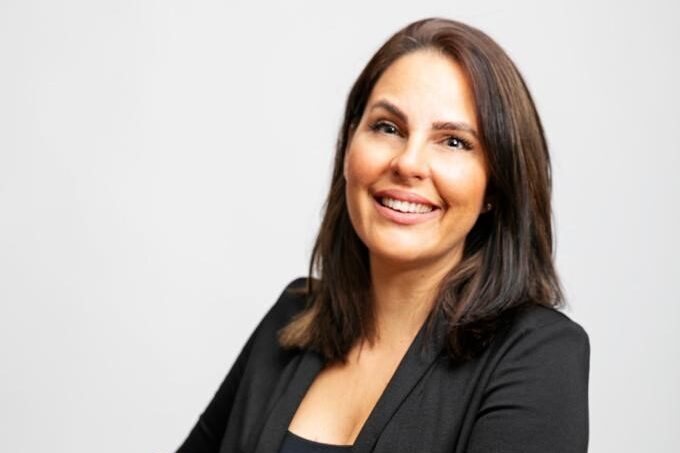Viktoria is the founder of the payment consulting firm, PSP Angels, which helps online businesses optimise their payment flows and costs by finding the best payment and banking solutions.
Viktoria is sharing with us a case study on emerging markets payments, many organizations can relate.
How important are the local payment methods in fast-growing and emerging markets?
Let me start with an interesting case study. We had a large online group who was very successful in Europe. They only used card payments, but their provider was reliable and the success rate on the cards were well over 90%. The group realised that there are a lot of opportunities overseas and wanted to expand into Latin America. They have launched a pilot program, and have targeted a smaller county, Venezuela with a smaller marketing budget to test the waters. The project was to quickly find them a potential local LATAM payment partner, who is accepting major cards, covering all countries, but keeping similar success rates and fees.
Little they knew, Latin America is very different from Europe and payment processing options and potential fees can vary largely country by country, including lower percentage of success rate on payments. Venezuela, specifically, is a country where hardly anyone is using online card payments.
Venezuela’s economic climate has been volatile for a number of years, marked by hyperinflation, political unrest, and international sanctions. These factors have eroded trust in financial institutions and led to a lack of investment in technological infrastructure, which is vital for secure and efficient online card transactions. The government has also implemented currency control measures, imposed strict controls on foreign currency exchange, which complicated international transactions further. Furthermore, the limits on foreign currency make it difficult for residents to purchase from international websites, pushing them towards cash or other methods of payment.
This resulted to the usage of alternative forms of online transactions. Some Venezuelans rely on foreign bank accounts for online purchases, bypassing the limitations of their domestic banking system but cryptocurrencies, for example, have also become increasingly popular for online transactions.
The client realised that they need to put more planning into this. New payment methods mean increased amount of due diligence, testing, training, new fraud protection rules, revised pricing, etc. A large number of other operational, technical and financial aspects also need to be considered. Eventually, we have presented the various payment processing options and potential fees country by country, considering all aspects of the operations and integration, but this has definitely was a larger project that it was initially planned.
The world of payment methods is diverse and ever evolving, with each geographic location showcasing its unique preferences and practices. From traditional cash transactions to cutting-edge digital wallets, the way people pay for goods and services varies significantly across different regions. Understanding the popular payment methods in each part of the world provides valuable insights into the global landscape of financial transactions.
Having the right payment providers is a critical factor to enter a new market. How easy is to build a team and handle this inhouse?
Today one of the major determining factors for entering new markets for a business are the payment providers. The banking relationships, cost and the availability of certain financial institutions locally can make or break a project and various aspects shall be evaluated before any marketing budget is spent on acquiring new customers from a new area.
The payment industry is dynamic, and new methods continuously emerge, shaping the way we conduct transactions worldwide. Management must always be up to date with the latest technological as well as regulatory developments of certain payment methods in various areas, to be able to advise accurately about the different options.
When setting up a new structure or finding the relevant financial institutions to assist with the flow of funds supporting the company’s operations, we always have to keep in mind what is the benefit versus the cost. Many times, we see that setting up an offshore jurisdiction might benefit us in terms of easier bookkeeping and lower taxation while it also results increased banking, financial and exchange costs and risks.
It is recommended to have a payment consultant on board when establishing a new company, or evaluating the payment flow. Using a professional can cut short time on research and application but also can give more insights on the due diligence process when evaluating or entering new agreements with unknown financial institutions.

